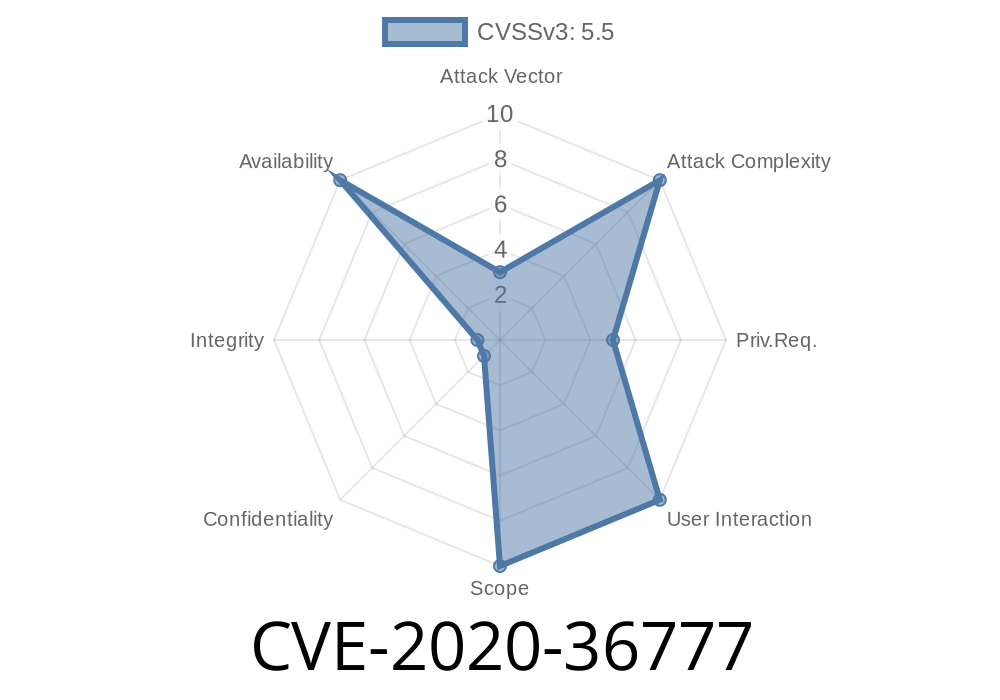The Linux kernel is a complex, essential software that keeps our systems running smoothly. However, even the kernel is not immune to vulnerabilities that might compromise system performance and security. Today, we'll take a closer look at a patch for a memory leak issue in the Linux kernel, namely CVE-2020-36777. This problem was fixed in the media: dvbdev code, so we'll be discussing that specific aspect.
In simple terms, this vulnerability caused a memory leak in a particular module of the Linux kernel, which could potentially impact system performance over time. Now that the leak has been patched, users need to make sure their systems are up-to-date and secure.
Code Snippet - Fixing the Memory Leak
The main change made to address this vulnerability can be found in the function dvb_media_device_free() in the dvb-dev module. The memory leak fix involves deallocating or "freeing" memory that was allocated earlier in the program. Here's the relevant code snippet that achieved the fix:
void dvb_media_device_free(struct dvb_device *dvbdev)
{
if (!dvbdev->adapter->conn)
return;
media_entity_remove_links(&dvbdev->media_entity);
media_device_unregister_entity(&dvbdev->media_entity);
kfree(dvbdev->adapter->conn); // Freeing the memory
dvbdev->adapter->conn = NULL;
}
Notice the addition of kfree(dvbdev->adapter->conn); in the function, which successfully frees the allocated memory to prevent the leak.
Details of the Exploit
At the moment, there aren't any known exploits in the wild taking advantage of this memory leak. Nonetheless, it's crucial to understand the implications of such a vulnerability. A memory leak can cause processes on a system to slow down, use more memory, or even crash - as resources allocated to a program aren't freed when they should be.
Imagine a scenario where an attacker abuses this memory leak, causing the Linux kernel to consume excessive amounts of memory, which in turn leads to decreased system performance or even a crash. In a real-world situation, an attacker could use such a vulnerability to launch a denial-of-service (DoS) attack, rendering a target system unusable.
Original References
For those who would like to dig deeper into the specifics of this vulnerability, here are links to relevant references:
1. An in-depth look at the involved source files containing the vulnerability and the fix can be found on the Linux Kernel source Git repository: dvb-device source code
2. Official details about the CVE-2020-36777 kernel vulnerability can be found using this link to the CVE database
3. More information about the vulnerability disclosure, alongside other kernel vulnerabilities, can be found in the Linux Kernel Mailing List.
Conclusion
CVE-2020-36777 deals with a memory leak in the Linux kernel's media: dvbdev module, which can degrade system performance and stability. Although there are currently no known exploits, this vulnerability emphasizes the need for users to keep their systems updated and apply security patches promptly. By staying informed and up-to-date on the latest Linux kernel changes, users can reduce the potential security risks that come with undiscovered vulnerabilities.
Timeline
Published on: 02/27/2024 19:04:05 UTC
Last modified on: 04/10/2024 19:32:09 UTC
